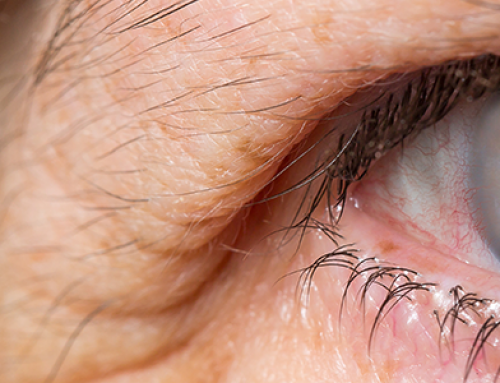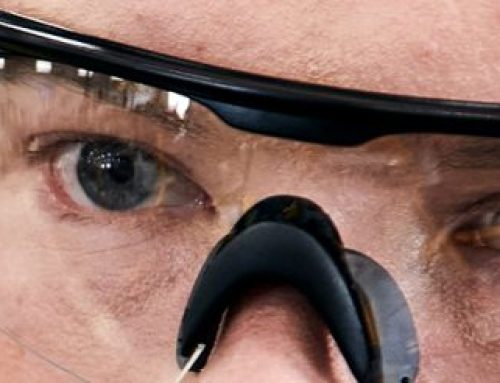When it comes to eye care, there are several specialized professionals, each with their unique training and expertise. Understanding the roles of different types of eye doctors is crucial for ensuring you receive the proper care for your needs. In this article, we’ll talk about the categories of eye care practitioners, including optometrists, opticians, and ophthalmologists. We’ll also touch upon the roles of other essential eye care professionals in the field.
Optometrists: Primary Vision Care Providers
Optometrists, the primary types of eye doctors, are vision care providers who play a vital role in maintaining eye health. Unlike ophthalmologists, who are medical doctors, optometrists attend optometry school rather than medical school. This comprehensive four-year postgraduate program equips them with the knowledge and skills necessary to provide a wide range of services, including:
- Conducting comprehensive eye exams.
- Performing vision tests.
- Prescribing and dispensing corrective lenses, such as prescription eyeglasses online and contact lenses.
- Detecting and diagnosing certain eye irregularities.
- Prescribing medications for specific eye conditions.
- Providing visual rehabilitation.
While optometrists do not typically perform surgeries, they can conduct minor procedures like laser eye surgery and foreign body removal in some states.
Optometrists also have the authority to prescribe certain medications, including opioids, in accordance with state regulations. It’s essential to consult your regional board of optometry to understand the scope of practice for optometrists in your area.
Opticians: Visual Aid Specialists
Opticians, a vital category among types of eye doctors, are specialized allied health professionals who focus on designing and fitting visual aids. These professionals work closely with individuals seeking eye care, whether in retail stores selling prescription eyeglasses or optometrist’s offices. While opticians are not doctors, they fulfill an essential role by:
- Crafting and fitting eyeglass lenses and frames.
- Providing contact lenses.
- Offering other devices to correct vision issues.
Opticians rely on prescriptions from optometrists or ophthalmologists to ensure the right fitting and functioning of visual aids. While they can detect specific eye concerns, they cannot diagnose eye problems or treat eye conditions.
Ophthalmologists: Medical Doctors Specializing in Eye Care
Ophthalmologists are medical doctors for eye care. To become an ophthalmologist, one must undergo extensive training, comprising:
- Four years of medical school.
- Four years of residency training in ophthalmology.
- Optional 1-2 years of subspecialty fellowship training.
Ophthalmologists are licensed to diagnose, treat, and perform surgeries for eye diseases and conditions. Their scope of practice includes:
- Prescribing and fitting eyeglasses and contact lenses for vision correction.
- Diagnosing and treating various eye conditions.
- Performing eye surgeries.
- Conducting scientific research on eye conditions and vision issues.
In some cases, routine eye exams conducted by ophthalmologists can also help identify health problems unrelated to the eye, leading to referrals to primary care physicians or specialists.
Ophthalmologists may choose to specialize further by pursuing subspecialties such as corneal specialists, retina specialists, glaucoma specialists, neuro-ophthalmologists, and pediatric specialists.
Subspecialties of Ophthalmology
- Corneal Specialists: Focus on cornea issues, treating conditions like corneal dystrophies, keratoconus, and infections.
- Retina Specialists: Diagnose and treat retinal eye conditions like retinal detachment, age-related macular degeneration, and diabetic retinopathy.
- Glaucoma Specialists: Treat glaucoma, an eye condition that leads to vision loss if left untreated.
- Neuro-ophthalmologists: Deal with vision issues related to the interaction between the eye, brain, nerves, and muscles, diagnosing and treating conditions like vision loss, unequal pupil size, and abnormal eye movements.
- Pediatric Specialists: Focus on childhood eye conditions, treating issues such as strabismus, uncorrected refractive errors, and differences in vision between the two eyes.
Other Eye Care Professionals
In addition to optometrists, opticians, and ophthalmologists, eye care involves a team of professionals who provide crucial support. These professionals include:
- Nurses: Ophthalmic registered nurses with specialized training in eye care can administer medications, assist in surgeries, and even serve as clinic or hospital administrators.
- Medical Assistants: Ophthalmic medical assistants perform various tests during eye examinations and procedures, aiding eye care practitioners.
- Technicians: Ophthalmic or technologists, highly trained assistants, assist with complex tests and operations. Specialized roles like ophthalmic photographers and perimetrists contribute to comprehensive eye care.

The field of eye care encompasses various professionals with distinct roles and responsibilities. Optometrists, opticians, and ophthalmologists are the primary providers of eye care services, each with specific expertise. Understanding the differences between these professionals and their respective scopes of practice is essential for receiving the most appropriate care for your eye and vision needs. Additionally, nurses, medical assistants, and technicians support eye care practitioners and ensure comprehensive and effective patient care.








